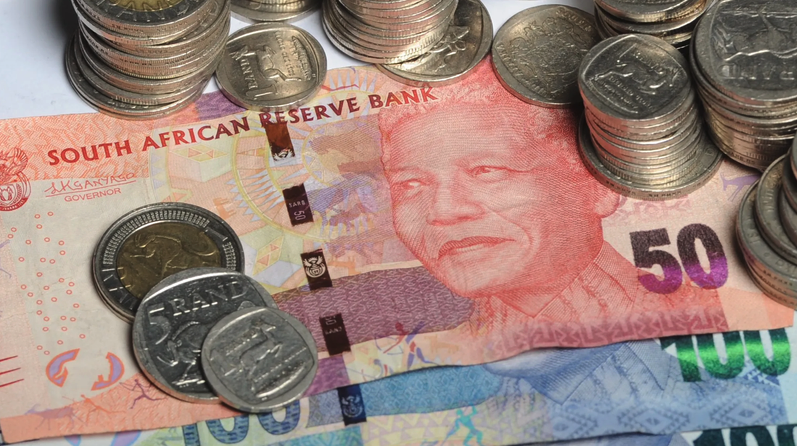Financial markets remained stoic with the rand fairly stable yesterday as investors weighed prospects of a business-friendly coalition following the historic general elections, which saw the ruling ANC losing its parliamentary majority for the first time since the 1994 democratic elections.
After four consecutive days of declines, the JSE all share index opened more than 1% higher yesterday, trading above the 77 600 point level, buoyed by financials, investment, healthcare groups and telecoms stocks. The index closed yesterday at 77 746 points, up 1.36%
Even though the rand had weakened back towards the R19 mark to the US dollar as coalition dynamics spooked investors last week, the domestic currency saw some nascent strength on the ANC’s stance to coalitions and pulled back 0.5% to R18.51/$1 by 5pm.
Investec chief economist Annabel Bishop yesterday said market concerns now centred on the ANC’s choice of coalition partners, with President Cyril Ramaphosa having highlighted the necessity for coalition/s with parties supporting the Constitution, but some others in the ANC voicing different opinions.
“Today the domestic currency has moved back to R18.70/$1 so far, as markets are seeing some relief that the ANC is considering coalition/s with parties which do not wish to change the Constitution, or negatively impact the private sector,” Bishop said.
“The rand would strengthen on an increased likelihood of an ANC/MPC or ANC/DA coalition or supportive relationship/structure, but weaken on an ANC/EFF or ANC/MK coalition or structure to govern South Africa.”
The high level of uncertainty as political parties now enter negotiations has created an anxious wait in the markets, although an ANC/DA or ANC/MPC (Multi-Party Coalition) would be positively received by the financial markets and the rand.
TreasuryONE currency strategist Andre Cilliers said there appeared to be little chance of an ANC and MK Party coalition at this stage, but the ANC, EFF, and Patriotic Alliance would have enough votes to form a government.
“There is much speculation around a possible ANC/DA coalition,” Cilliers said. “Both parties have hinted at possible upcoming negotiations, and the next week or so are going to be interesting with increased volatility in the currency.”
As markets wait to see what will unfold over the next few weeks, the key is the extent to which parties like the EFF (winning 9.52%) and the MK Party (14.58%) have a say in future economic policy.
After the Electoral Commission of South Africa (IEC) declared the elections “free and fair”, despite allegations of tampering with results.
Ramaphosa emphasised that voters expected the parties for which they voted to find common ground, to overcome their differences, and to act and work together for the good of everyone.
“The election results were within the risk spectrum of our expectations, albeit on the higher end,” Els said.
“The probability of a coalition or minority government remains significant, which likely suggests a continuation of current policies. However, the possibility of a more populist coalition cannot be discounted.”
Els said, as discussions progress, the markets would remain unsettled, and the rand could experience volatility, with the potential of a sharp sell-off as risk premiums rise, mirroring December 2015 when then Finance Minister Nhlanhla Nene was controversially removed and replaced for a few days by ANC MP Des van Rooyen.
Old Mutual Group chief economist Johann Els said the rand had not fully priced in a populist or negative scenario, adding that there might be a lot of negative news flow over the next few days, which could adversely impact the currency.
However, Els noted that business could influence political decisions, just as it weighed in to have Van Rooyen removed and replaced, a situation that unfolded over a handful of days.
“Despite the political upheaval, South Africa’s democratic institutions, such as the central bank and Constitutional Court, remain robust,” said Els, cautioning investors against making hasty decisions.
“It is crucial to remember that South Africa has significant inherent strengths that will mitigate political risks.”
Stay informed with The Namibian – your source for credible journalism. Get in-depth reporting and opinions for
only N$85 a month. Invest in journalism, invest in democracy –
Subscribe Now!










